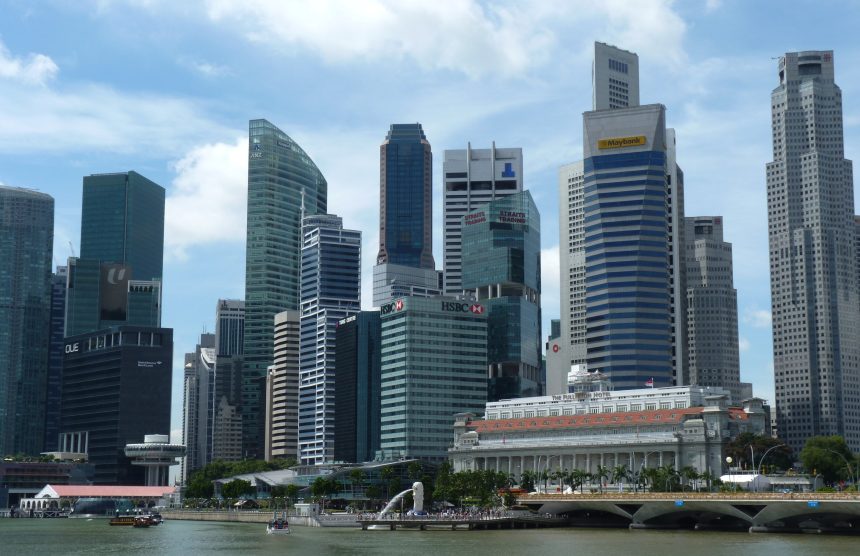Scammers have been exploiting the digital conveniences brought about by the Covid-19 pandemic to set up companies and bank accounts remotely, thereby facilitating money laundering activities.
The Covid-19 pandemic has undeniably accelerated the digital transformation across various sectors, including the financial industry. With restrictions on physical movement and the need for social distancing, many processes that traditionally required in-person verification or documentation have moved online. While this shift has brought about significant conveniences, it has also opened up new avenues for illicit activities.
According to the report, scammers have been taking advantage of the streamlined digital processes to establish companies in Singapore without ever setting foot in the country. These companies, often with no legitimate business operations, are then used as conduits for money laundering. The ease with which bank accounts can be opened remotely further exacerbates the problem, allowing scammers to move large sums of money with relative anonymity.
The implications of this trend are far-reaching. Money laundering is not just a financial crime; it often has ties to other serious criminal activities, including terrorism, drug trafficking, and human trafficking. The funds laundered through these shell companies can be used to finance these activities, posing a significant threat to national and global security.
Furthermore, Singapore’s reputation as a global financial hub is at stake. The city-state has always been lauded for its robust regulatory framework and stringent anti-money laundering (AML) measures. However, these recent developments indicate potential vulnerabilities in the system that need to be addressed.
To combat this issue, there is an urgent need for financial institutions and regulatory bodies to revisit and strengthen their digital verification processes. Enhanced due diligence, especially for remote company registrations and bank account openings, should be implemented. Technologies such as biometric verification, blockchain, and artificial intelligence can play a pivotal role in ensuring the authenticity of digital transactions.
Additionally, there should be increased collaboration between regulatory bodies, financial institutions, and technology providers. Sharing of information and best practices can help in identifying potential threats and developing solutions to counter them.
Public awareness is also crucial. Individuals and businesses should be educated about the risks associated with remote financial transactions and the importance of verifying the authenticity of digital platforms before sharing personal or financial information.
In conclusion, while the digital transformation of the financial sector has brought about numerous benefits, it has also exposed new vulnerabilities. It is imperative for all stakeholders to come together and address these challenges to ensure the integrity and security of Singapore’s financial ecosystem.
Also learn about Singapore’s S$2.4 Billion Money Laundering Scandal: A Deep Dive into the Seized Assets.











